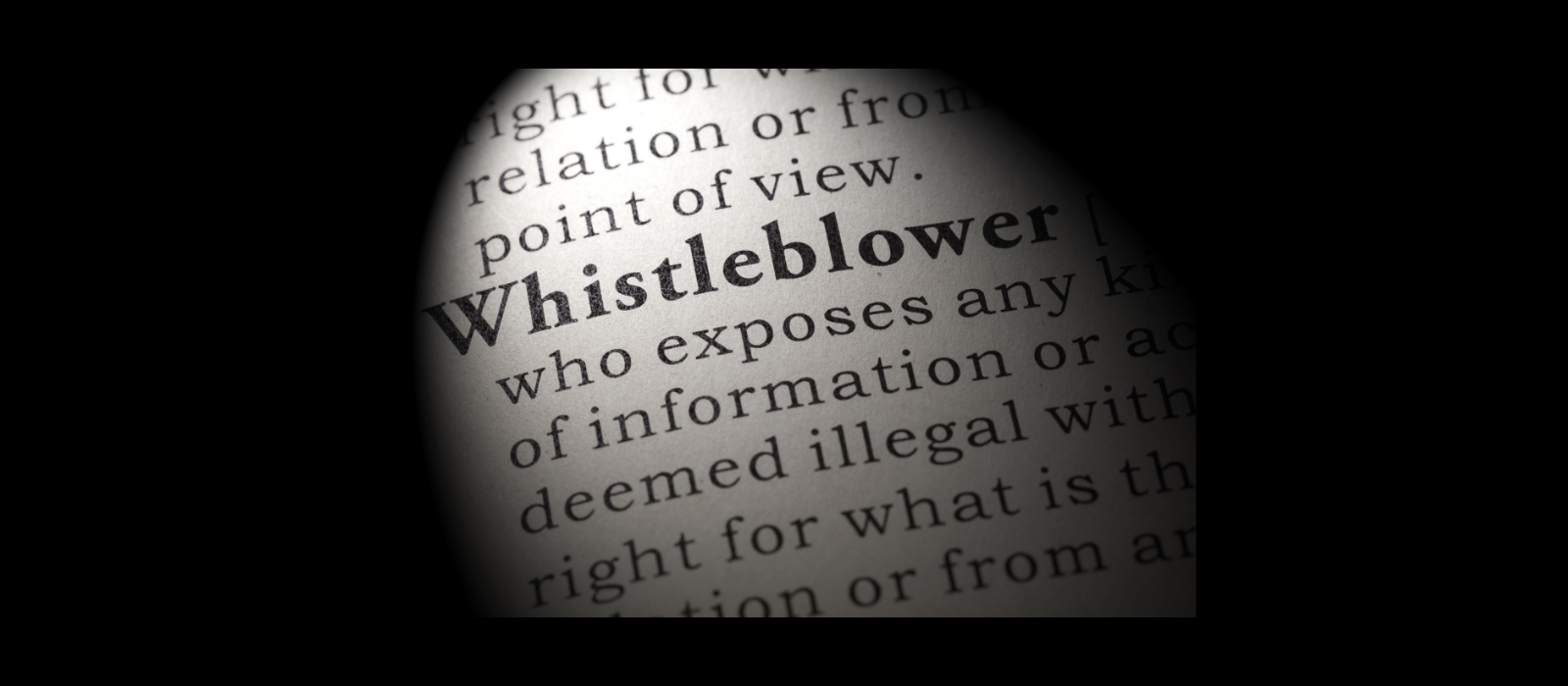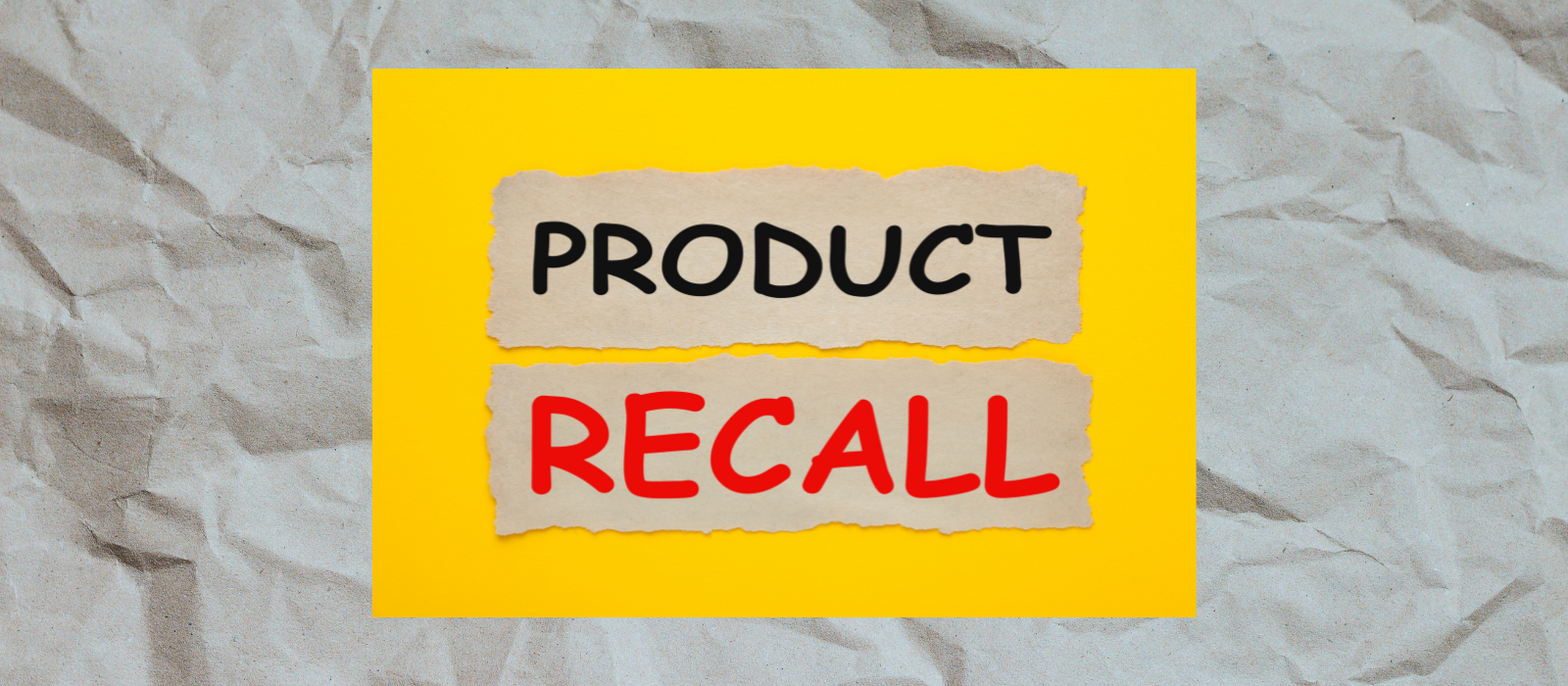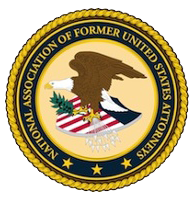Health Care Fraud in South Carolina
Whistleblowers who report fraud file what is known as a “Qui Tam” lawsuit. These suits are filed ‘under seal’ that’s to say they are not public information. This is so that the government has time to investigate the matter at hand. Essentially, a qui tam plaintiff, that’s to say the person coming forward with the information, is suing not only on behalf of the government but also on their own behalf.
Somewhere between around 70 and 200 billion dollars is lost every year due to health care fraud. If a medical facility, like a clinic or nursing home, is engaged in fraudulent activity the False Claims Act can help concerned individuals report the potentially unlawful activity to government authorities. In 2020 alone the Justice Department was able to utilize this tool to recover 2 billion dollars, most of that amount coming from health care fraud. Someone who reports this kind of fraud under the protection of this act can receive protection and even an award.
Most often the federal government’s False Claim Act works in conjunction with a state’s own laws. In South Carolina’s case that’s the South Carolina False Claims Act. The government encourages people to come forward and report fraud they have noticed. The government protects these people and even promotes these actions by attaching a potential reward for coming forward. Many people feel dissuaded from reporting this kind of violation because of possible repercussions from higher-ups, that’s why the law also makes it illegal for employers to retaliate against people who report fraud.
What are the most common forms of health care fraud?
- Kickbacks
- Billing for unnecessary services
- Billing for services that aren’t provided
- Up Coding
- Double Billing
- Unbundling
Kickbacks are when providers unlawfully agree to refer a patient to their service and in turn the provider receives some sort of incentive. Up-Coding is when a provider performs a medical service or test but bills (codes) the insurance (Medicare/Medicaid/Private Insurance) for a more serious and more expensive procedure or test. Unbundling is when a provider submits codes (bills insurance) for two separate procedures that were performed together.
What is a Qui Tam Lawsuit?
Whistleblowers who report fraud file what is known as a “Qui Tam” lawsuit. These suits are filed ‘under seal’ that’s to say they are not public information. This is so that the government has time to investigate the matter at hand. Essentially, a qui tam plaintiff, that’s to say the person coming forward with the information, is suing not only on behalf of the government but also on their own behalf.
Why should you contact the McCoy Law Group?
It’s highly recommended to contact an attorney experienced in representing whistleblowers because of the complicated nature of these lawsuits. Both the Federal and State’s False Claims Act guidelines must be followed and a failure to follow these laws might result in a case being lost and/or a plaintiff losing their reward money. Attorney Peter McCoy is uniquely qualified to represent you in these matters. Peter is a former US attorney and has dealt with the biggest fraud cases in South Carolina litigating against defendants like health care providers. Contact Us Today by clicking here.













